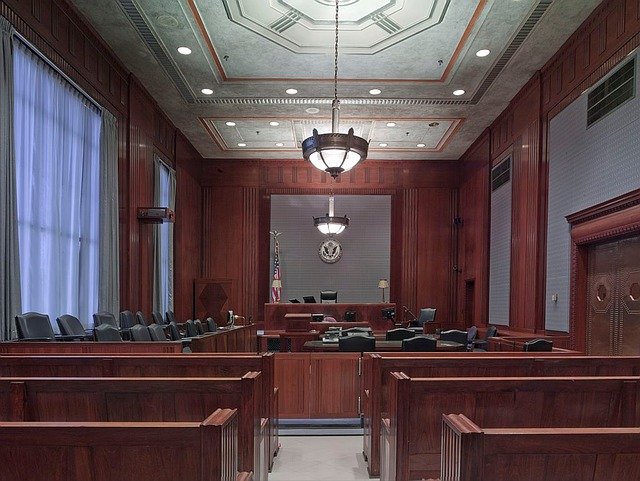Job responds to Bildad’s accusations that he has done evil and yet maintains his innocence. But he says that God cannot be taken to court, even if he wanted to.
“If one wanted to take Him to court, he could not answer God once in a thosuand times. God is wise and all-powerful” (Job 9:3-4).
“How then can I answer Him or choose my arguments against Him? Even if I were in the right, I could not answer. I could only beg my Judge for mercy” (Job 9:14-15).
There are those who would tell him, then, to just smile and be positive through it all. Job responds.
“”If I said, “I will forget my plaint, change my expression, and smile,” I would still live in terror of all my pains” (Job 9:27-28).
He still feels the intensity of his suffering and feels like he cannot confront God.
“For he is not a man like me, that I can answer Him, that we can take each other to court. There is no one to judge between us, to lay his hand on both of us” (Job 9:33-33).
Then he pleads for mercy.
“Let Him take His rod away from me so His terror will no longer frighten me. Then I would speak and not fear Him. But that is not the case; I am on my own” (Job 9:34-35).
He feels helpless before the discretion of God Almighty, knowing he cannot plead his innocence before him because there is no one greater than God. But he appeals anyway and doesn’t understand why God doesn’t lift his hand.
He feels like he is completely alone, rejected by God and man. When we suffer, again this is a common thought. Not true, but a common thought. Job is just voicing his heart.

